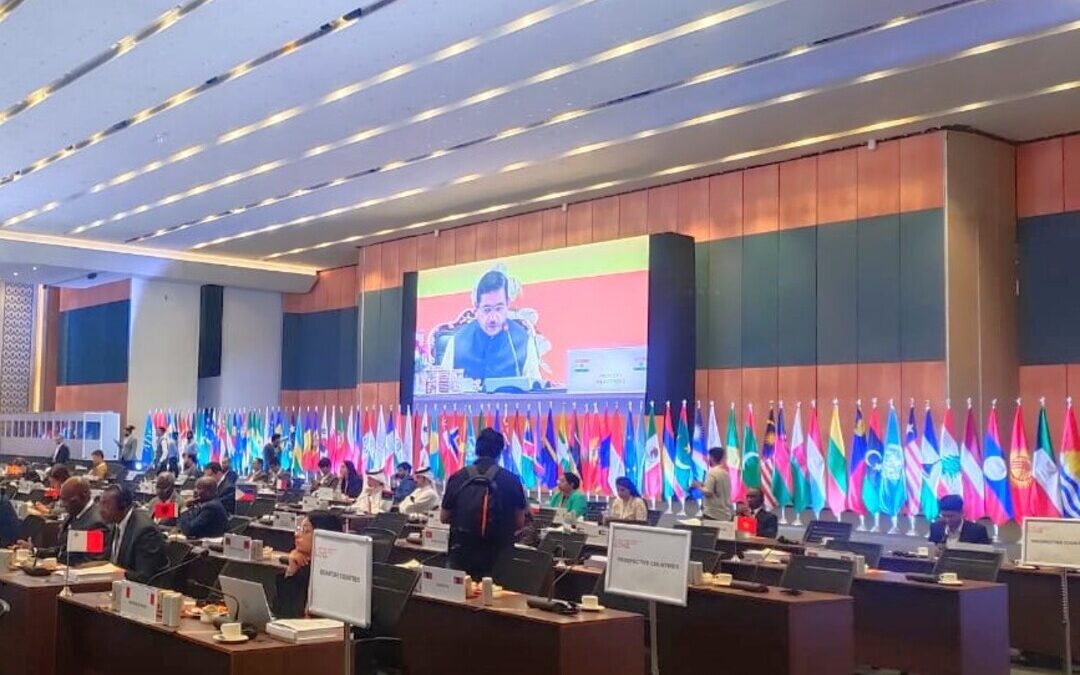India Regains Presidency of International Solar Alliance till 2026
India was the sole contender for the presidency, while France competed with Grenada for the co-presidency.
India has been elected president of the International Solar Alliance from 2024 to 2026. France will serve as the co-president during the period.
The announcement was made during the seventh session of the ISA Assembly, which is currently underway in New Delhi.
India was the sole contender for the presidency, while France competed with Grenada for the co-presidency. The assembly’s decision was based on equitable geographical representation, with members divided into four regional groups: Africa, Asia and the Pacific, Europe and Others, and Latin America and the Caribbean.
Eight vice presidents were also elected from each of the four regions. Ghana and Seychelles will represent Africa. Australia and Sri Lanka will represent Asia and the Pacific. Germany and Italy will represent Europe. Grenada and Suriname will represent Latin America and the Caribbean.
The seventh session of the ISA Assembly deliberated on three key energy issues: access, security and transition. Ministers from 29 countries are participating in the discussions to address these pressing global concerns.
Ashish Khanna from India has been selected as the third director-general of the ISA, succeeding Dr. Ajay Mathur, whose tenure ends on March 14, 2025.
Under Dr. Mathur’s leadership, the alliance has grown significantly, increasing its membership to 103 countries and securing 17 signatories. It has also launched several demonstration projects and identified 50 startups to promote solar energy adoption.
The ISA aims to unlock $1 trillion investments in solar energy by 2030 and reduce the cost of solar technology and financing. It promotes using solar energy in various sectors, including agriculture, health, transport, and power generation.
The alliance collaborates with multilateral development banks and financial institutions to deploy cost-effective solar energy solutions, particularly in least-developed countries and small island developing states.

